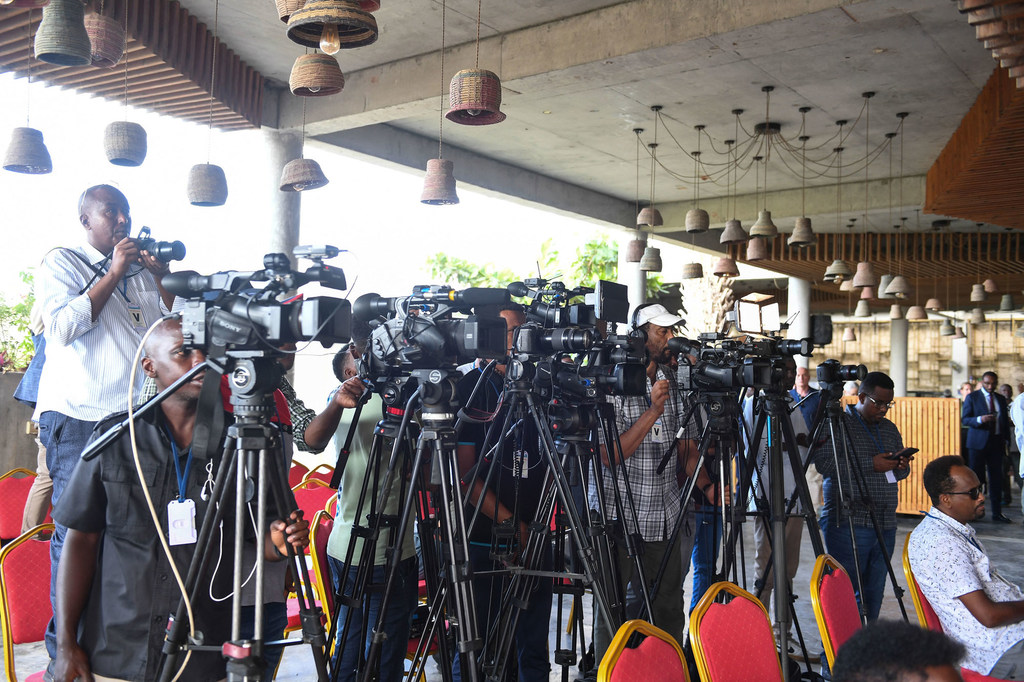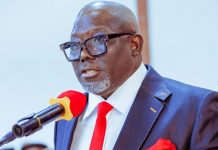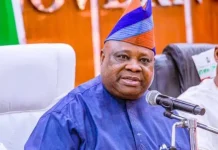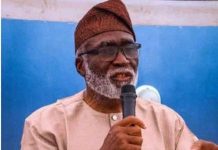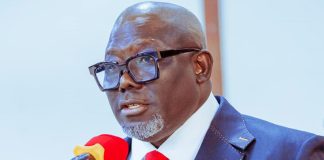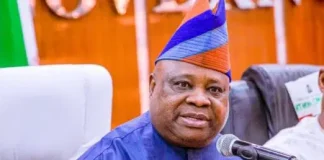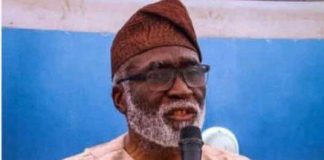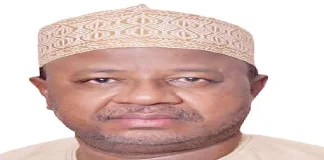🌿 Ruzu Non-Alcoholic Herbal Bitters
Ruzu Non-Alcoholic Herbal Bitters is a natural health supplement specially formulated to:
- ✅ Promote general wellness
- ✅ Detoxify the body
- ✅ Support the treatment of various ailments
Made from a powerful blend of 100% organic and medicinal herbs, Ruzu is completely alcohol-free, making it ideal for:
- 👪 All age groups
- 🌱 Health-conscious individuals
- 🌿 Anyone seeking non-alcoholic herbal remedies
Whether you're looking to boost your vitality, cleanse your system, or support healing the natural way, Ruzu Bitters offers a trusted herbal solution.
In Nigeria, millions of people awaken each morning to the beat of the news headlines. On their phones, they browse through timelines, listen to broadcasts, or grab newspapers. The stories kids frequently come upon are meant to agitate rather than to empower, to shock rather than to shape. Citizens are conditioned to despair as a result; they are knowledgeable yet uninspired, outraged but powerless. Ever wonder why listening to the news for a long time makes you feel down and zaps your energy?
I believe the news should do more than evoke ephemeral feelings. The stories we consume are not impartial, as demonstrated by media psychology. Perception, belief, and behavior are all influenced by them. In addition to reporting on reality, the media also helps to create it.
The communication theorist George Gerbner showed how long-term exposure to certain types of media shapes certain worldviews in his Cultivation Theory. His seminal research revealed that viewers who consumed large amounts of violent content developed a distorted perception of the world as being more hazardous than it actually was. He dubbed this phenomenon the “mean world syndrome.” Translating that to Nigeria today, the risk is that we will foster what I refer to as “a failed nation syndrome,” a mentality in which people expect nothing positive, think nothing works, and see no incentive to try, if corruption, collapse, and instability dominate our media diet. We already have this syndrome, as you would agree if you do a sentiment analysis of Nigerians’ social media comments.
Robert Entman’s Framing Theory is equally instructive, emphasizing that audiences’ interpretations of issues are influenced by the way they are presented, including the perspectives emphasized, the context given, and the language and tone used.
An opportunity-framed policy can encourage participation, whereas a burden-framed policy is met with contempt. For instance, consider the recently unified tax legislation. How have the main media outlets in Nigeria, as well as commentators on social media, structured conversation topics? Did the framing serve to insult the government or to stimulate interest in the workings, implications, and potential of the new tax regime among Nigerians?
The media portrays Nigeria as unredeemable by highlighting dysfunction without moderation. However, by emphasizing perseverance, creativity, and change in addition to the difficulties, it can present Nigeria as a developing nation where people still have agency.
It’s important to emphasize right now that this is not a call to sanitize reality. No. Journalism’s primary responsibility is to ensure the truth. Truth, however, is more complex than disaster alone. Setting the scene is important. Balance is important. It is important to have direction.
Why not combine sobering unemployment statistics with compelling tales of entrepreneurs overcoming adversity or debatable policy avenues?
Why not focus on leadership and integrity role models that are worthy of imitation, rather than turning governance coverage into a whirlpool of scandals? The public can still be prepared to think, not just shudder, by news outlets presenting the harsh realities.
Every form of daily suffering is already too much for the Nigerian psyche to handle. What it needs from the news is not more anxiety but clarity; it needs practical understanding rather than hopeless despair. Each headline is an opportunity to either inspire resolve or drain energy. Each report has a chance to either encourage cynicism or encourage positive agency in Nigerians.
Our country is in dire need of a new vision. One important player in that process is the media. By deciding to appropriately frame stories and strike a balance between exposing problems and focusing on solutions, journalists may assist Nigerians in seeing both what is broken and what can be fixed. They can assist us in recognizing that we actively shape our own fate rather than being helpless observers.
The sound of deterioration shouldn’t be the news. Awakening should be the drumbeat.
Nigeria’s greatness will return, but it will be greatly influenced by the media and the millions of minds they shape.

